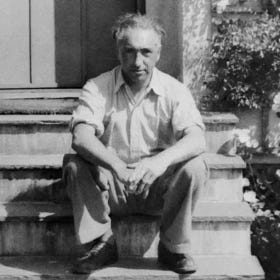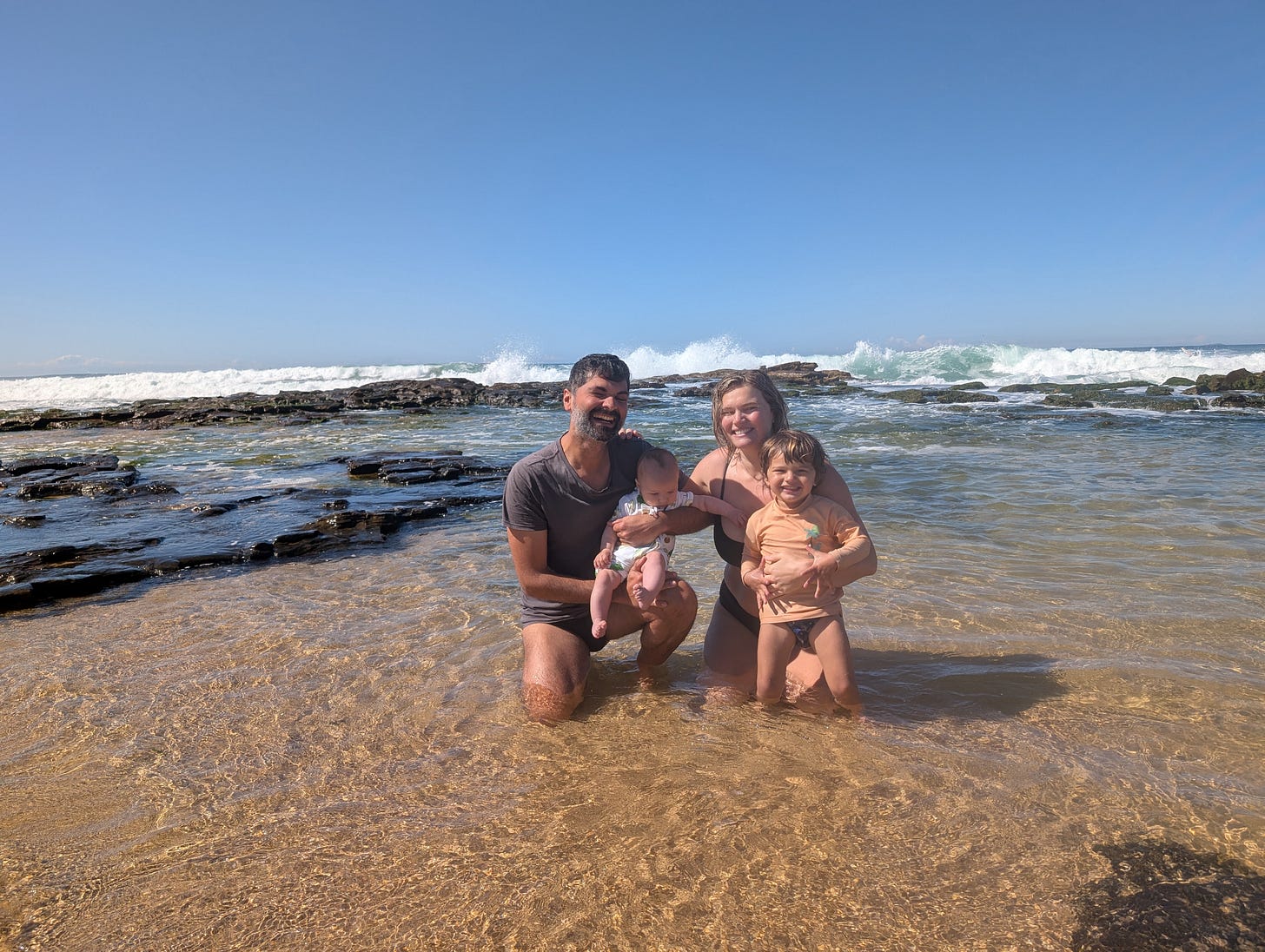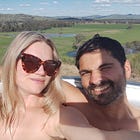I’ve been writing about this in my upcoming book, and I want to share a few more ponderings with you here.
It’s one of those questions that sounds simple but rarely is. We throw the word around as if it’s self-evident, but scratch beneath the surface and the ground gets shaky. Ask ten people what family is, and you’ll hear ten different answers — each shaped by memory, longing, resentment, or faith.
The truth is, the idea of family hasn’t always looked the way we assume it does today. The nuclear family — the picture-book model of a father, a mother, and a couple of kids under one roof — wasn’t some timeless, natural design. It was shaped, in large part, by the Church.
Centuries ago, extended families and kinship networks were the default. You didn’t just belong to your parents; you belonged to a web of grandparents, cousins, aunties, uncles, neighbours, and godparents. Care, discipline, survival— it was distributed across a wider net.
But when the Church sought to consolidate power, it needed to pull people away from their clan loyalties and tether them to a new centre. The nuclear family, bound by marriage, sanctioned by God, became that centre. It narrowed the scope of loyalty. It created a model where your “primary” belonging was the household, not the tribe. That shift didn’t just reshape homes; it reshaped how love, sex, property, and power were organised in society.
🔥 They Burned His Books, But Not His Truth
They burned his books. They jailed him. They called him crazy. But Wilhelm Reich understood the body better than anyone of his century.
And yet — ask yourself honestly…
… does that model really hold us? How many people do you know who’ve checked the boxes — spouse, mortgage, kids — only to feel utterly alone inside those walls? How many of us have ended up back in our parents’ house after the “grown-up” version of family collapses?
That’s because family is more than architecture. It’s not four walls and a surname. It’s not just bloodlines or Sunday dinners. It’s presence. It’s responsibility. It’s the willingness to see and be seen. Without those, the nuclear family is just a collection of bodies under one roof.
Blood doesn’t guarantee loyalty. Some of the deepest bonds I have are with people who don’t share my DNA. Meanwhile, some of my blood relatives have been absent, rejecting, or unsafe. Family, as I’ve learned, is less about inheritance and more about devotion. It’s who shows up. It’s who tells you the truth when it hurts. It’s who stands with you when you fall apart.
But family can also be exile. I’ve gone through long stretches of silence with my own parents. Not because I hated them, but because I wasn’t ready. Every conversation felt like stepping back into my wounded child, desperate to be seen and never finding it. Distance, at times, was healthier. Only when I returned as an adult, grounded in my own presence, could we begin to meet differently.
Here’s what I discovered… a family that doesn’t grow together becomes strangers with the same surname…
That’s one reason I changed mine. My birth name, Herbert, never felt like home. When I married, I took my wife’s name — Wallis. Some people mocked it. Called it emasculating. For me, it was alignment. A declaration of who I was building my life with. Family isn’t just what you inherit — it’s what you choose.
Surname change details in here: ⬇️⬇️⬇️
And here’s the tension I want you to hold… family can be the deepest wound or the richest soil. It can chain you to old survival maps or call you into presence. It can decay through denial or grow through responsibility.
What makes the difference isn’t the structure, or the surname, or even the blood. What makes the difference is presence…
📜 A Timeline of Family
➡ Extended Family (Tribal / Kinship)
Multi-generational households
Survival, care, and responsibility spread across the group
Belonging was collective, not individual
➡ Nuclear Family (Church-Sanctioned Model)
Father + Mother + Children under one roof (Authoritarian)
Loyalty narrowed to the household
Love, property, and power centralised under religious and state sanction
➡ Chosen Family (Modern Emergence)
Bonds built on presence, alignment, and devotion — not bloodline
Communities of trust, friendship, and shared responsibility
A return to belonging by choice rather than obligation
✦ These are some of the threads I’ve been weaving into my book. Here, I simply wanted to offer more space for you to reflect… What does family mean to you? Where do you feel loyalty? Where do you feel exile? And where do you feel presence?




